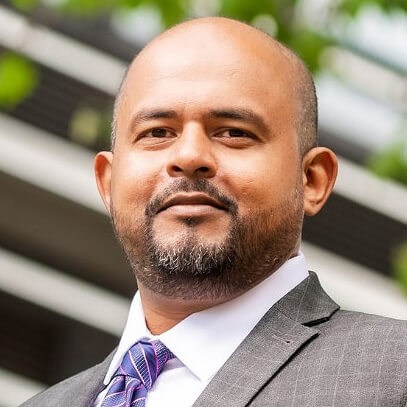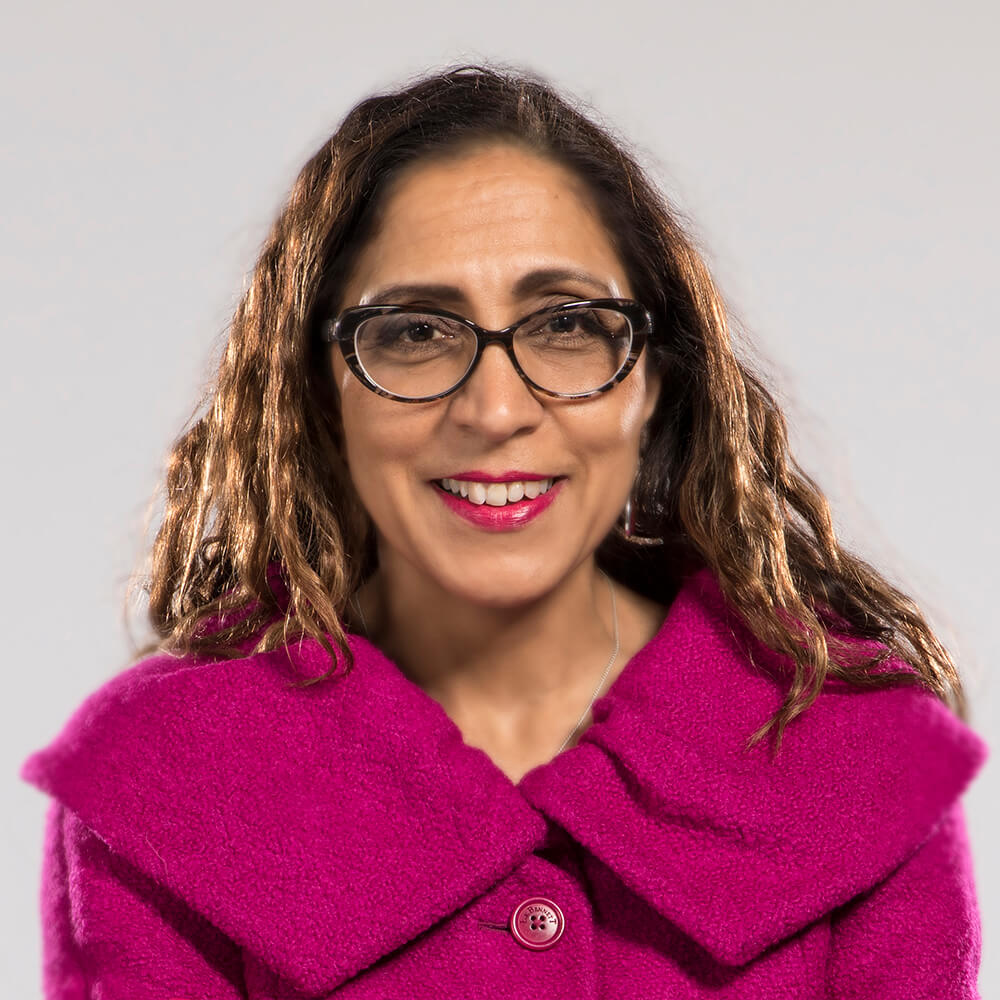Promoting the student voice in TNE

Authors
Dr Washad Emambocus
Partnership Lead (Academic), De Montfort University
Dr Manjeet Ridon
Head of De Montfort University London and Associate Dean International, De Montfort University
In Central Asia, by contrast, students and their families have what we might consider more traditional perspectives on education, expecting a higher ratio of contact time in their academic timetables. They're far less keen on independent learning and prefer their studies to be much more explicitly structured, instructional and classroom-based.

Our promotion of Student Voice Committees has given us a much more immediate, detailed and vivid sense of the significance of these cultural differences than more static student feedback mechanisms might, and has allowed us to adapt our provision appropriately. This student-centred approach to strategic contextualisation ensures our provision is fit for purpose, and has often been really eye-opening.
But, as we consider and celebrate the importance of the student voice, and ways we may continue to develop to empower our students, we should of course give (almost) the last words to the voices of some of those students… some words, then, directly from our class reps in Kazakhstan:
Your leadership, open communication with students, and the regular meetings you hold with representatives from each group have made a real difference. You always listen to our concerns, respond with actions, and make us feel that our voice truly matters. Having studied in South Korea, Canada and Russia, we can confidently say the support and student engagement at DMU Kazakhstan stands out. At no other university have we felt so genuinely heard and valued.
That, of course, is precisely what we always hope to hear and to achieve together. It makes everything we do worthwhile.

